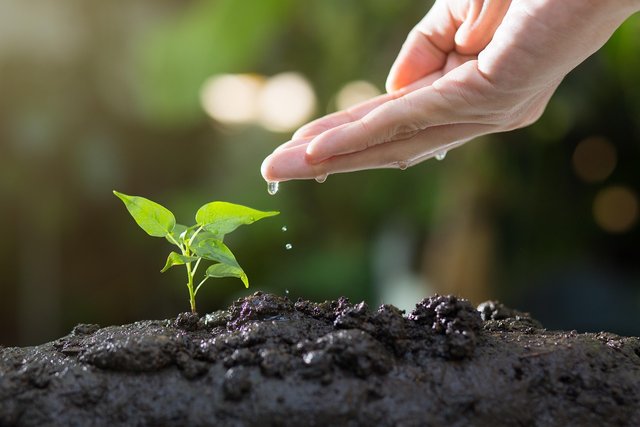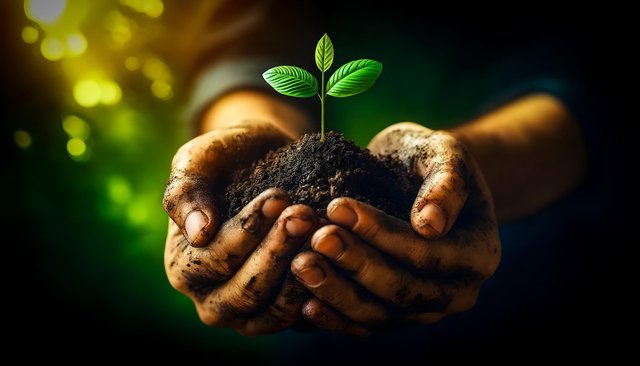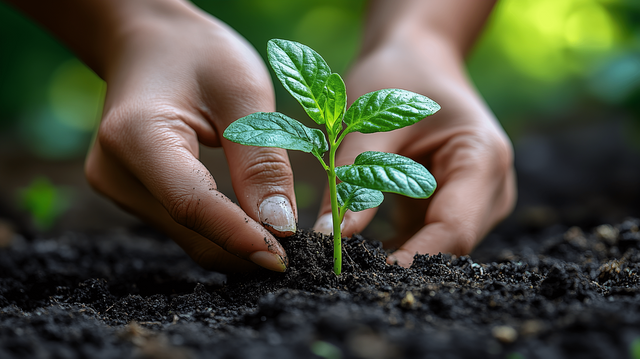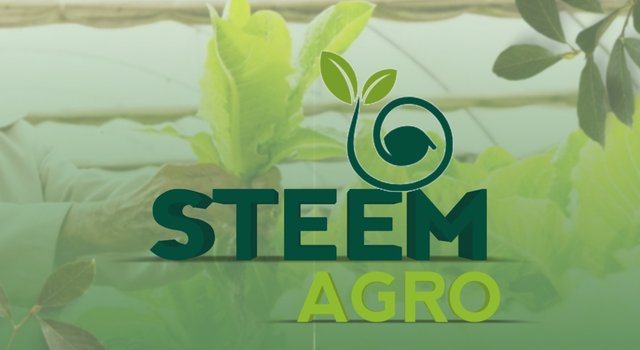The Importance of Soil Health: Why It Matters More Than You Think
When most people see soil, they think of dirt—a dusty, brown surface we walk on or something we shake off our clothes after being outside. But for farmers, gardeners, and scientists, soil is much more than that. It’s a living, breathing system that is crucial for our food, environment, and future. Healthy soil is not just important; it’s essential.
So, why is soil health important?
Let’s begin with the basics: soil is where our food starts. Every fruit, vegetable, or grain we consume grows from it. If the soil is rich and nutrient-dense, crops flourish. However, if it’s weak, eroded, or contaminated, plants struggle to thrive. This results in lower yields for farmers, inferior food quality, and reduced income for rural communities. In simple terms, healthy soil = healthy food, and when there is healthy food, we have healthy people.
But there’s more.
Healthy soil functions like a sponge. It absorbs rainwater, retains it longer, and gradually releases it to plant roots. Instead of flooding or runoff, good soil retains water like a savings account, helping plants endure dry periods.
Now, here’s something many people might not realize: soil helps combat climate change.
How? Because it stores carbon. Yes—just like trees! When soil is properly managed (through methods like cover cropping, composting, and reduced tillage), it can capture carbon dioxide from the atmosphere and sequester it in the ground. This means less carbon in the air, which helps cool our planet.
Additionally, let’s discuss biodiversity. Healthy soil teems with tiny organisms like earthworms, fungi, bacteria, and insects—all collaborating in an underground community. These “hidden helpers” decompose organic matter, fend off harmful pests, and make nutrients accessible to plants. Destroy the soil, and you eliminate this invisible yet essential ecosystem.
Sadly, soil degradation is becoming a bigger issue globally. The excessive use of chemical fertilizers, deforestation, and bad farming methods weaken the soil's natural strength.
So, if you’re a farmer, a gardener, or simply someone who cares about the Earth, soil health should matter to you. Caring for the soil is not just an agricultural concern — it’s a human one. It’s about safeguarding the foundation of life for ourselves and future generations.
The next time you walk barefoot on the ground, keep in mind: you're standing on a living resource that needs respect, protection, and care. The soil beneath us has more power than we realize — and it’s time we start treating it accordingly.



https://x.com/ninapenda2023/status/1952411897384309152?t=7rRjqG2Cr-qA0ahYlKN5KQ&s=19
Welcome to steem-agro!
MODs Comment/Recommendation:
Thank you so much for posting in the community.Kindly engage with other participants by doing meaningful comments which will increase your chances of winning.I am wishing you all the best in the contest.
Remember to always share your post on Twitter using these 3 main tags #steem #steemit $steem

This post beautifully reveals the hidden power of soil and it's not just dirt—it’s life, nourishment, and a natural ally against climate change. Protecting soil means protecting our food, health, and planet. Let’s respect this silent, vital foundation of life....wish you all the best.
Congratulations! This post has been voted through steemcurator08. We support quality posts, good comments anywhere and any tags.
Many overlook soil, yet it’s a living system that nurtures our crops and cleans our water. Poor soil health leads to erosion, pollution, and declining harvests. Taking care of soil ensures we protect ecosystems and human health. Healthy soil means a healthier planet for future generations. It’s time we realize how vital soil is to sustaining life on Earth.